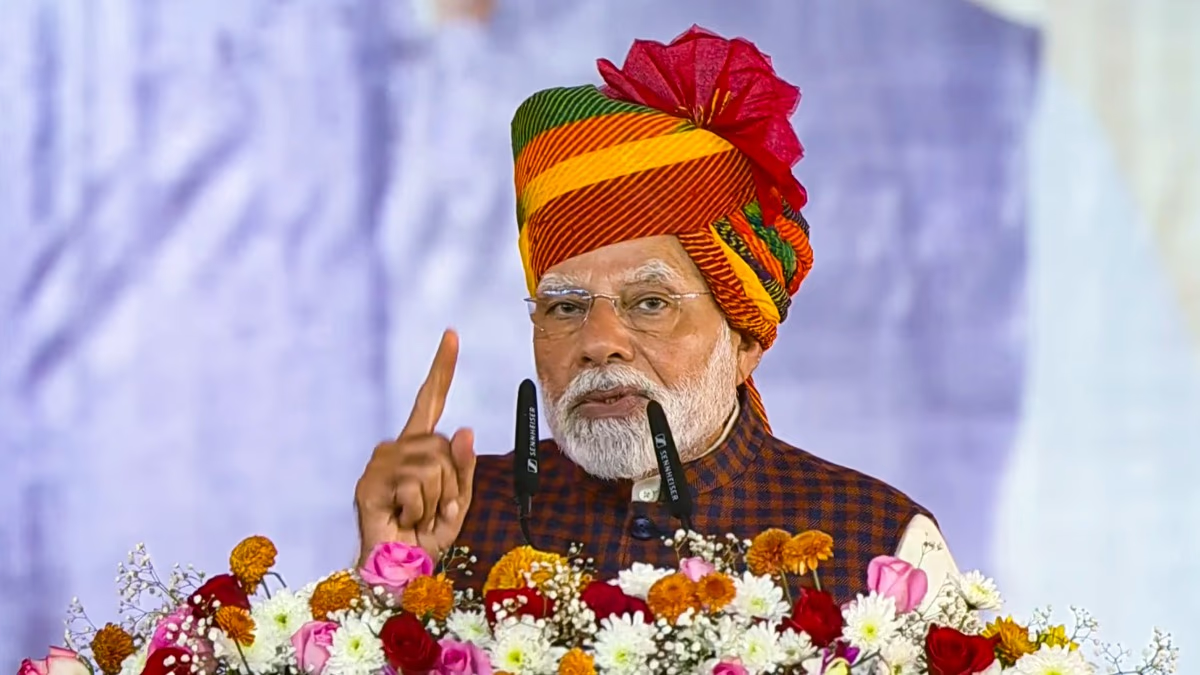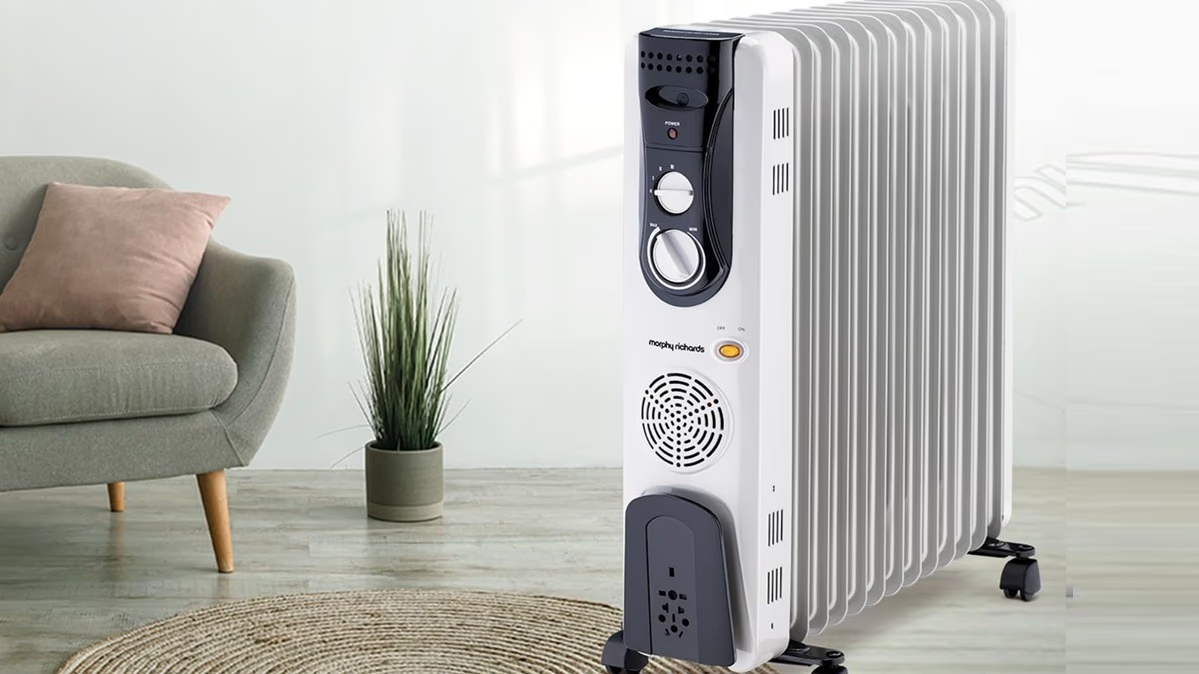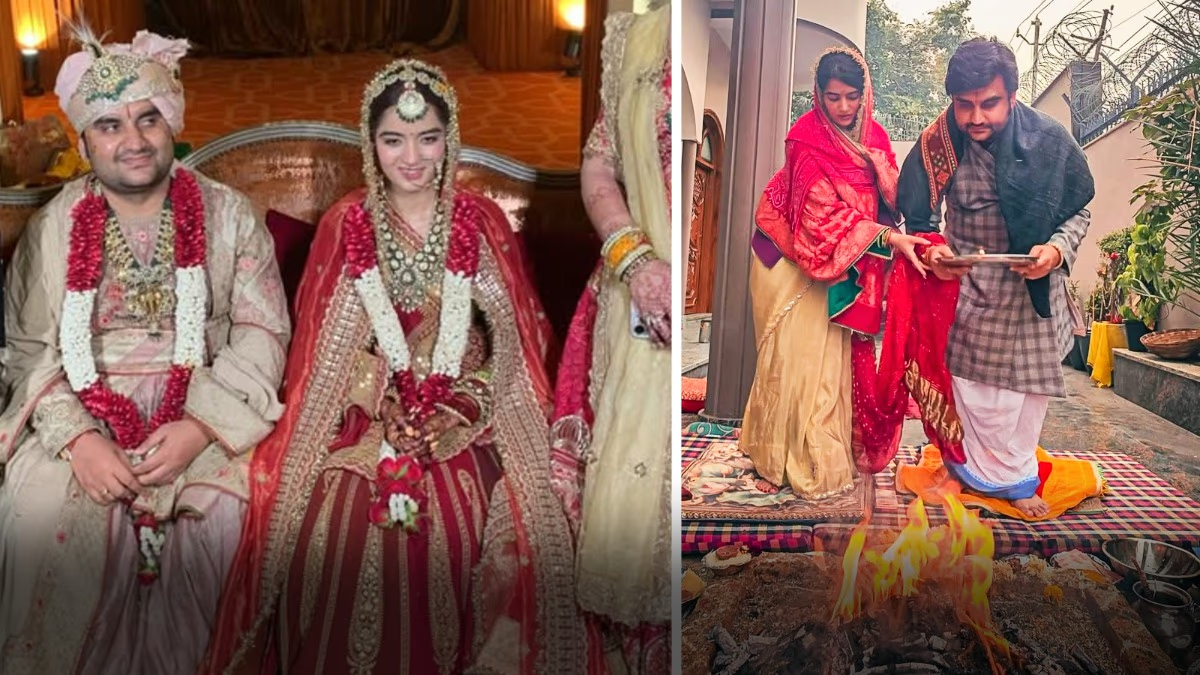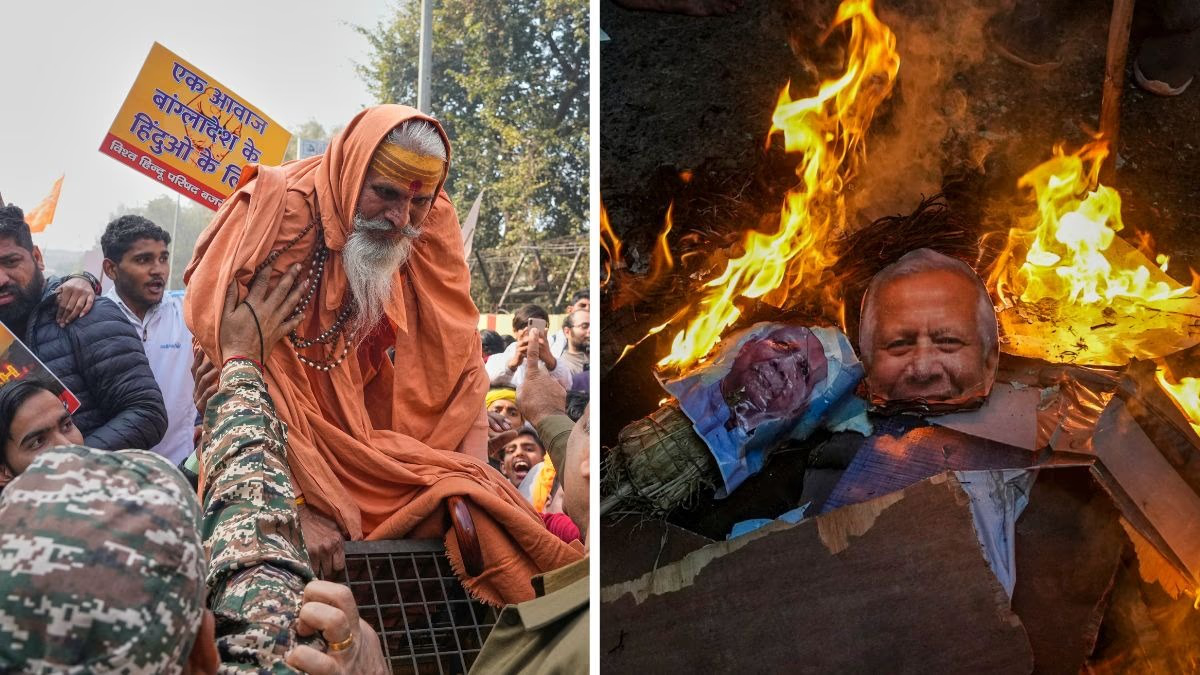The One Nation One Election Bill has been accepted in the Lok Sabha and has now been forwarded to a Joint Parliamentary Committee (JPC). After receiving the JPC's recommendations, the next challenge for Narendra Modi's government will be to pass it in Parliament.
Since the One Nation One Election Bill is a constitutional amendment, it requires a special majority to pass in both the Lok Sabha and the Rajya Sabha.
Under Article 368 (2), a special majority is required for constitutional amendments, meaning approval by two-thirds of the members present and voting in each house, i.e., the Lok Sabha and the Rajya Sabha.
Senior Advocate Siddharth Luthra explains, "The bill must be presented in both houses, and a two-thirds majority is needed for it to pass." Former Lok Sabha Secretary P.D.T. Acharya agrees, stating that as a constitutional amendment, this bill must follow the constitutional process.
Passing this bill in both houses of Parliament is the government's biggest hurdle.
The Lok Sabha Numbers Game
In the Lok Sabha, the NDA does not have a two-thirds majority, although it holds a simple majority. If all 543 MPs participate in voting, the government will need 362 votes to pass the bill. Currently, with 240 BJP MPs, the NDA's count stands at 293 MPs.
This means the Modi government is short by 69 MPs in the Lok Sabha.
Relief comes from non-INDIA block parties like Jagan Mohan's YSRCP, Naveen Patnaik's BJD, and Mayawati's BSP, which have shown support for the bill. YSRCP has 4 MPs in the Lok Sabha, while BJD and BSP have none.
Chandrasekhar Rao's Bharat Rashtra Samithi has yet to make its stance clear, preferring a wait-and-watch approach. Naveen Patnaik's BJD stated they will provide a formal response after reviewing the bill's copies.
If the INDIA block manages to keep its members in line, the Modi government faces significant challenges in getting the One Nation One Election Bill passed in the Lok Sabha.
The Rajya Sabha Numbers Game
In the Rajya Sabha, passing the One Nation One Election Bill requires 164 votes. Currently, 112 of the 245 seats are with the NDA, including 6 nominated MPs.
Thus, in the upper house, the government also lacks the numbers needed for the bill to pass, being 52 votes short. If the NDA aligns with Jagan Mohan's YSRCP, it gains 11 additional MP votes.
Though BJD does not have MPs in the Lok Sabha, it does in the Rajya Sabha, where it has 7 MPs. Securing BJD's support would mean 7 more votes for the NDA.
Chandrasekhar Rao's BRS also has 4 Rajya Sabha MPs.
Furthermore, the Rajya Sabha includes 1 BSP MP, 3 AIADMK MPs, and some Northeastern MPs who might side with the government. AIADMK has not yet declared its position.
The big question remains whether NDA can achieve the required 164 MPs despite this support.
Is Passing in State Assemblies Necessary?
After passing the Lok Sabha and Rajya Sabha, the bill must be approved by more than half of the nation's assemblies. Legal experts have differing opinions on this.
Under the second provision of Article 368(2), certain amendments must be approved by at least half of the state assemblies, especially those affecting federal structure, representation of states in Parliament, or provisions of the Seventh Schedule.
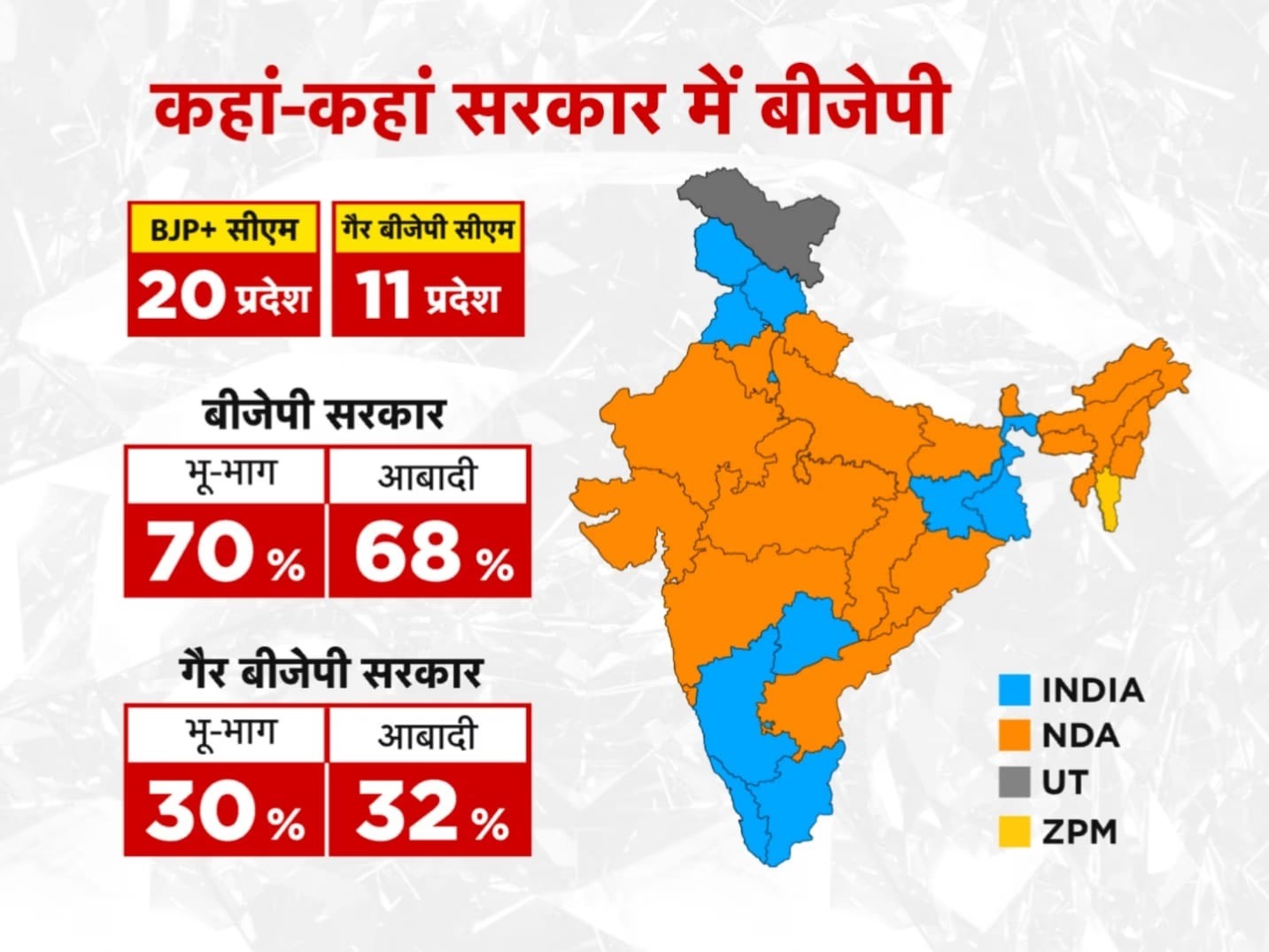
Source: aajtak
Senior Advocate Abhishek Manu Singhvi argues that state's approval is essential, as changing state assembly terms directly impacts autonomy, elections, and governance.
Likewise, Senior Advocate Sanjay Ghosh contends that if state assembly rights are curtailed, approval by a majority of the assemblies is necessary.
Conversely, legal expert Siddharth Luthra presents a differing view, asserting that approval might not be required as the bill doesn’t amend legislative entries in the Seventh Schedule. However, he acknowledges the potential challenge on federalism and the basic structure doctrine, emphasizing "comprehensive consultations are always necessary."
Though BJP faces a relatively easier task on this front, having won in Maharashtra, it now governs in 14 states. With NDA ruling in 20 states, passing the bill in state assemblies should not pose significant challenges for BJP. However, gaining re-affirmation from their allies remains essential.
Parties opposing the One Nation, One Election Bill hold 205 Lok Sabha and 85 Rajya Sabha seats. In essence, the government must secure opposition consensus to pass this bill, though the opposition's stance seems steadfast.
